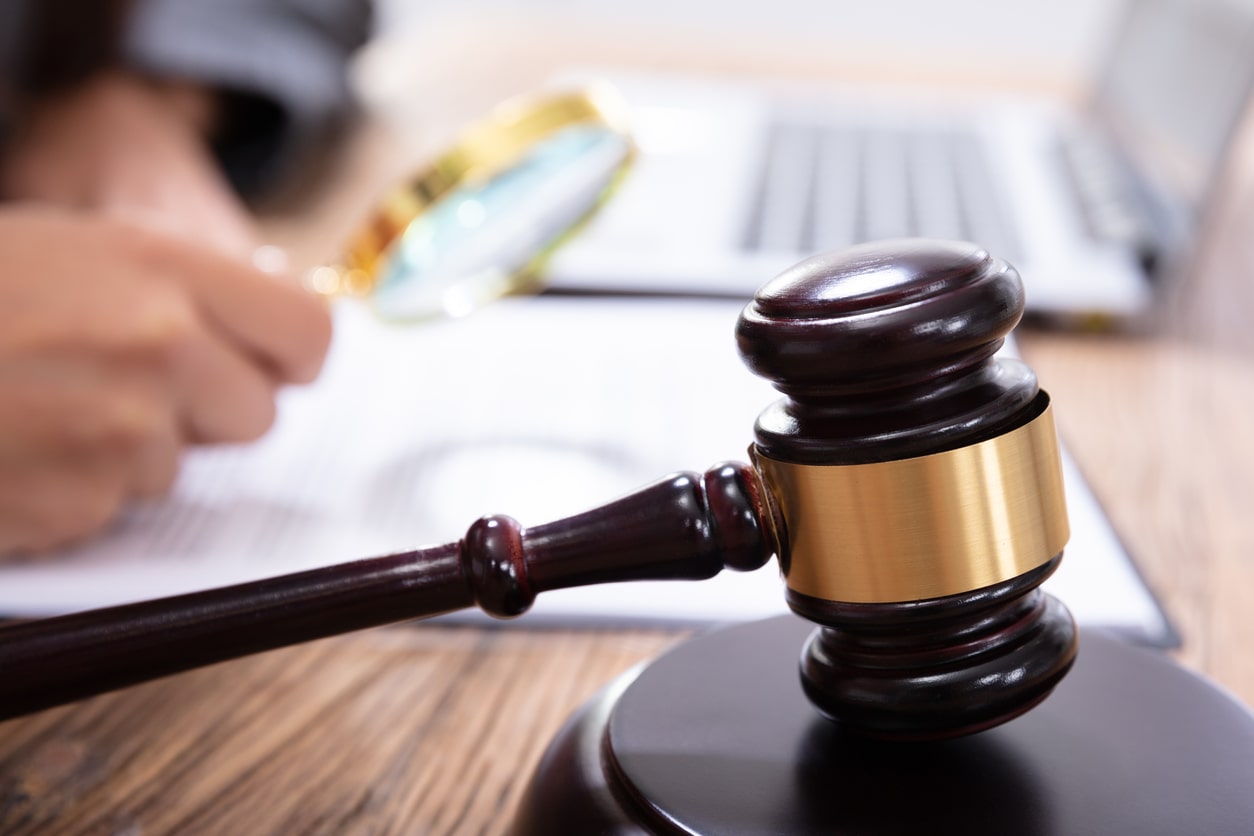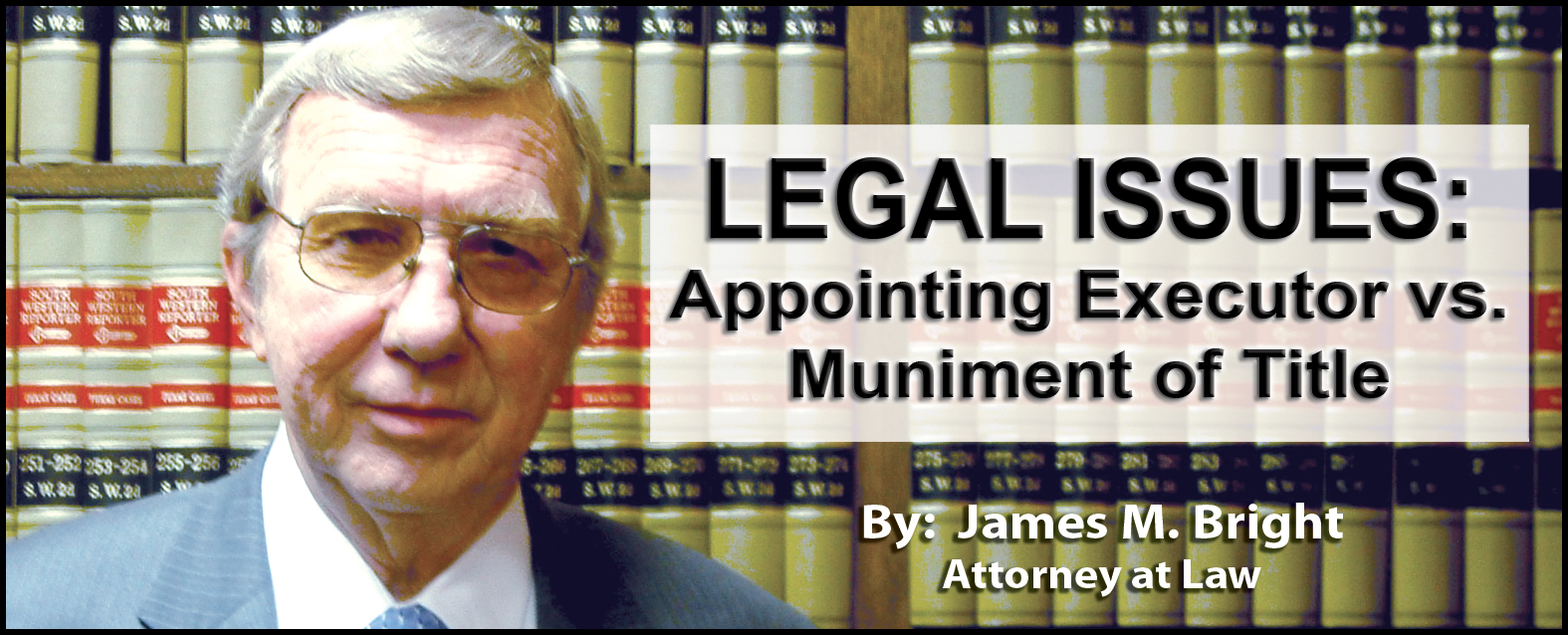The following is provided for informational purposes only and is not, nor should it be construed as legal advice.
As a result of the COVID-19 crisis, the nature of uncontested court appearances has dramatically changed in the probate courts of Harris and Montgomery counties.
It is believed by many that the practice of hearing cases via Zoom, rather than “in person” shall become the favored procedure for uncontested probate cases (and in some instances contested matters). This has been confirmed by at least one of the courts in Harris County that plans on extending Zoom hearings at least through the end of 2021. It is also rumored that the Texas Legislature is in the process of drafting legislation to extend Zoom hearings for the foreseeable future. Personal appearance may once more be required, but, according to the Court personnel with whom this writer has spoken, it will probably not be mandatory. Many of the courts have indicated that it is possible that clients and attorneys may have a choice between “Zoom” and “in person.” Some courts are already offering that choice.
The Zoom method of proceedings has many advantages to an “in person” hearing in that witnesses may be in any physical location that has a properly qualified sound and camera system. Most persons utilize their personal computers or the computers in their attorney’s office. Some even use their telephone cameras for hearings. All are acceptable so long as the method utilized yields a clear picture and sound.
Using Zoom allows a much wider range of options if additional witnesses are required. Witnesses can be in distant cities or in multiple cities just as long as they can enter the zoom meeting with picture and sound. If one of the witnesses is located in California and another is in Tennessee, there should not be a problem so long as they can appear via Zoom and take an oath to tell the truth. This can represent a significant saving in cost by avoiding (in most cases) the necessity of conducting costly depositions or other discovery.
When the time arrives for the hearing, all parties, attorneys and witnesses join the meeting hosted by the court. I.D. and password instructions will be furnished to you by your attorney and all witnesses shortly before the scheduled hearing. Depending upon the particular Court, some provide directions well before the hearing, but others do not supply that information until the day before the scheduled hearing.
Witnesses should be aware that even though they may be physically located in their homes or offices, the proceeding is still a hearing before the court. Proper dress is as important as it would be if you were standing before the judge in person. Proper dress should be the subject of another article, but it will suffice to say— clean, groomed and conservative. This attorney once foolishly told a witness that he should dress the same as he would to go to church. That was a mistake, because he showed up in a cut-off sleeveless t-shirt, shorts and shower shoes; the judge was not happy and refused to hear the case. We were forced to wait until the witness could go out and buy more suitable attire. In defense of the witness, he reported that he was a roofer, and that was what he usually wore to church.
The order of the hearing will vary between the individual courts. Some will allow all parties coming before it on that day to be admitted at one time and then call the individual cases, allowing everyone on-line at that time to observe other proceedings. At least one court in Houston keeps all the parties and witnesses in the waiting room until their particular case is called and does not allow observations on Zoom. Even if the court does not allow observation, it can be seen on You Tube.
After the hearing, you will be asked to sign particular documents (depending upon the type of probate). These documents must be signed in order. Your attorney will be of assistance to you in doing this, but essentially:
1. The Judge must pronounce that the Will (if applicable) is admitted to probate.
2. Witnesses must then sign an affidavit under oath that the facts stated are true.
3. After witness statements are filed, the Judge will sign the Order Admitting the Will to Probate.
4. At this point, the different Courts do things in different ways, but, essentially, after the signed Order has been filed by the clerk and shows up in the Court’s on-line records, the executor of the Will (if any) can then sign the Oath of office and order Letters Testamentary
This firm has determined that most clients welcome the idea of appearing in Court via Zoom. This is particularly true when the alternative would be a personal appearance in the downtown Houston Courthouse at 8:00 a.m. after fighting Houston traffic.
Whether you are scheduled for a Court hearing “in person” or via “Zoom,” an attorney knowledgeable in probate law can be of great assistance in leading you though an often traumatic time. This firm recommends that you engage an attorney of your choice to act as your guide.
James Bright has been admitted to practice before the Federal Courts for the Southern District of Texas and Eastern District of Texas as well as all of the Justice Courts, Probate Courts, County Courts at Law, District Courts, Courts of Appeal and Supreme Court for the State of Texas. He maintains an office in Houston and by appointment another at 208 McCown Street in the heart of historic Montgomery. Contact may be made by telephone (936) 449-4455 or (281) 586-8277. For more information about wills or probate in Texas, please see- www.houstontxprobate.com
IF YOU WISH TO SUGGEST A TOPIC FOR THIS COLUMN, SEND TO:
JAMES M. BRIGHT
14340 TORREY CHASE BLVD., SUITE 150
HOUSTON, TEXAS 77014
Email: [email protected]






